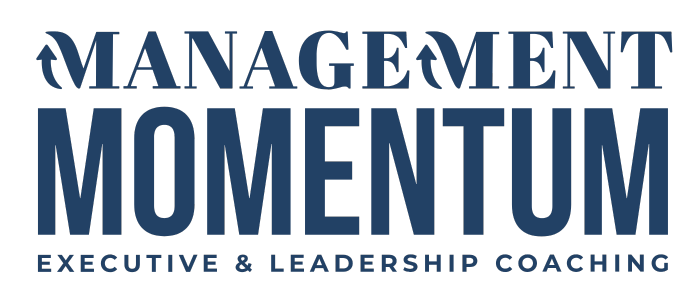4 Common Myths About Networking
New clients who are starting a major job search often have some wacky beliefs about networking. Ironically, these beliefs may be the very things keeping them from doing more of it.
Here are 4 of the Most Common Myths About Networking
The bigger your network, the better.
No! Actually, the BETTER, the better. Having a good network is better than having a big network. And for most people, your network is better than you think it is. Your co-workers, former co-workers, college alumni associations and industry associations are all great resources on which you can capitalize.
It’s all about asking for introductions.
LinkedIn is certainly nothing short of a miracle for the modern-day professional, but its greatest benefit is often overlooked. The beautify of LI is that it can easily put you in touch with people from your past and present and help you understand their past and present. That’s networking gold! Don’t waste everyone’s time asking people you hardly know to introduce you to others. Instead, take time to dig in and learn to really connect with people you already know.
Just get out there and do it.
One of the main reasons people avoid growing their network is because it feels random. Very few people want to attend a random professional networking event when they are tired from the day’s work and in no mood for small talk. Intensify your networking success by being in a room (zoom or otherwise) of people with whom you have something in common. You will find networking to feel much more natural at an industry conference, a committee you volunteer to serve on, a class/conference for the industry of your ideal future, or the class of a thought leader you admire.
You need to sell yourself.
Selling yourself is like step SEVEN of networking, not step one. It’s all about timing. And instead of “selling yourself,” let’s say “being able to clearly articulate what you do/what you would like to do in a way that does not make the other person want to run in the other direction.” Find out how people are doing or how you can help. Read people’s thought leadership. View their company websites. Invest first; reach out. And do practice speaking about yourself in case the subject comes up.





